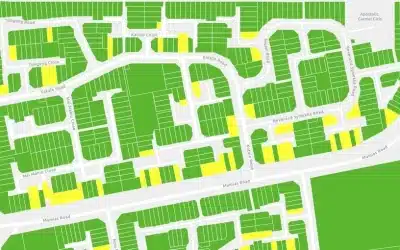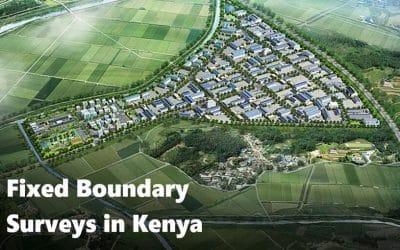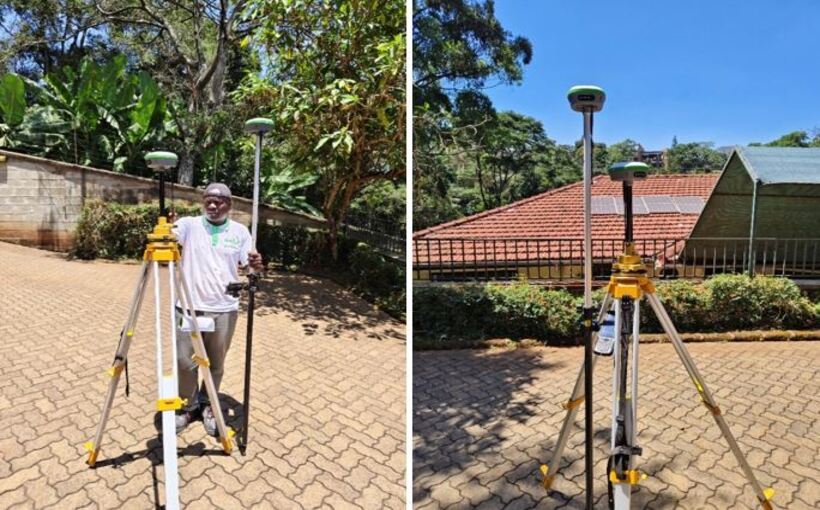Adverse possession is a legal doctrine that allows someone to claim ownership of land they have occupied without the owner’s permission for a certain amount of time a process referred to as squatting. The doctrine is based on the idea that landowners should monitor their property and that land that is not used or maintained should be put to use. Otherwise referred to as squatter’s rights is a well-founded doctrine in law that allows a person who has unlawfully occupied another person’s land for a continuous period of at least 12 years to legally apply for registration rights over the property.
In Kenya, adverse possession is based on the United Kingdom doctrine that allows a trespasser to claim ownership of land after 12 years of occupancy. The doctrine applies to both registered and unregistered land. The Constitution of Kenya through article 40 as read with article 64 allows citizens to acquire and own property; land, through a freehold or a leasehold tenure. Article 65 on the other hand allows non-citizens to acquire and own property; land, through a leasehold tenure.
Under the Statute of limitations; Limitations of Actions Act Cap 22, legal underpinnings are laid bare. Below are some of the relevant underpinnings;
Section 7 states that: “An action may not be brought by any person to recover land after the end of twelve (12) years from the date on which the right of action accrued to him or, if it first accrued to some person through whom he claims, to that person”

Further in Section 13: “(1) A right of action to recover land does not accrue unless the land is in the possession of some person in whose favour the period of limitation can run (which possession is in this Act referred to as Adverse Possession), and, where under sections 9, 10, 11 and 12 of this Act a right of action to recover land accrues on a certain date and no person is in Adverse Possession on that date, a right of action does not accrue unless and until some person takes Adverse Possession of the land.
(2) Where a right of action to recover land has accrued and thereafter, before the right is barred, the land ceases to be in Adverse Possession, the right of action is no longer taken to have accrued, and a fresh right of action does not accrue unless and until some person again takes Adverse Possession of the land.
(3) For the purposes of this section, receipt of rent under a lease by a person wrongfully claiming, in accordance with section 12(3) of this Act, the land in reversion is taken to be Adverse Possession of the land”.
Nevertheless the doctrine of adverse possession also comes into the land sector whereby a land owner is not assured of lifetime possession in the event of abandoning the land for years or not removing squatters from the land. As such it is one of the ways of acquiring land in Kenya. To succeed in a claim for adverse possession, the claimant must demonstrate the following:
- Exclusive Possession: The claimant must occupy the land exclusively without owner’s consent, exercising rights similar to that of the owner.
- Open and Notorious use: The occupation must be visible and known to the owner or the public, not hidden.
- Continuous and Uninterrupted use: The claimant must use the land for at least 12 years without interruption.
- Without the Owner’s Permission: The occupation must be without the consent or license of the true owner.
- Hostile Intent: “Hostile” here means inconsistent with the rights of the true owner, not necessarily aggressive.
- Definite Boundary: The claimant must demonstrate occupation within a clear and defined boundary of the disputed land.
The Land Registration Act of 2012 in Kenya includes the doctrine of adverse possession, which allows someone to claim ownership of land they’ve occupied without the owner’s permission for a set period of time.













